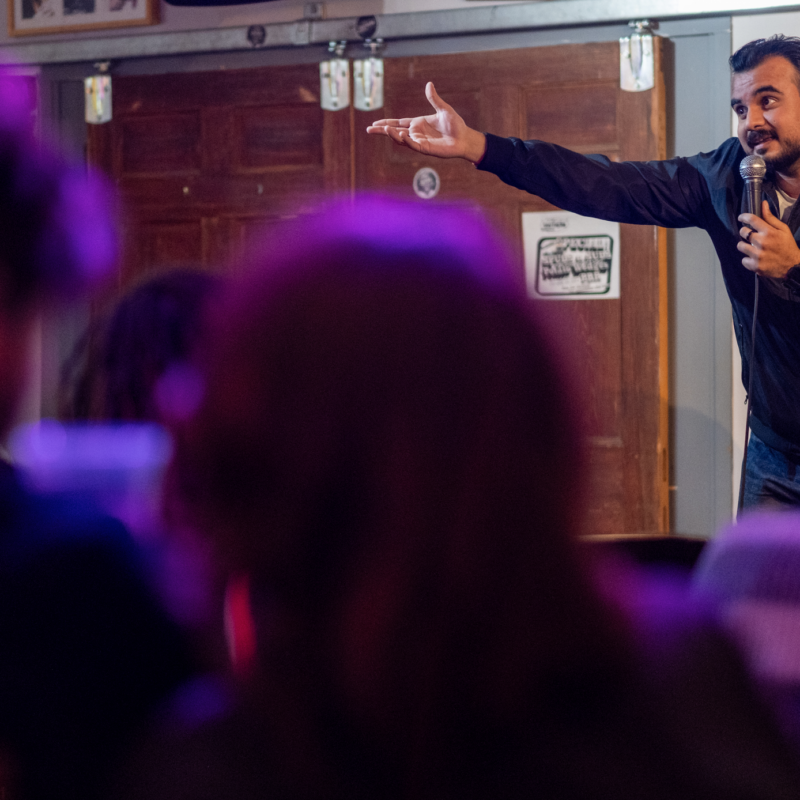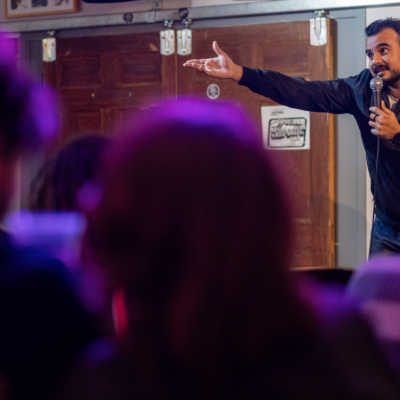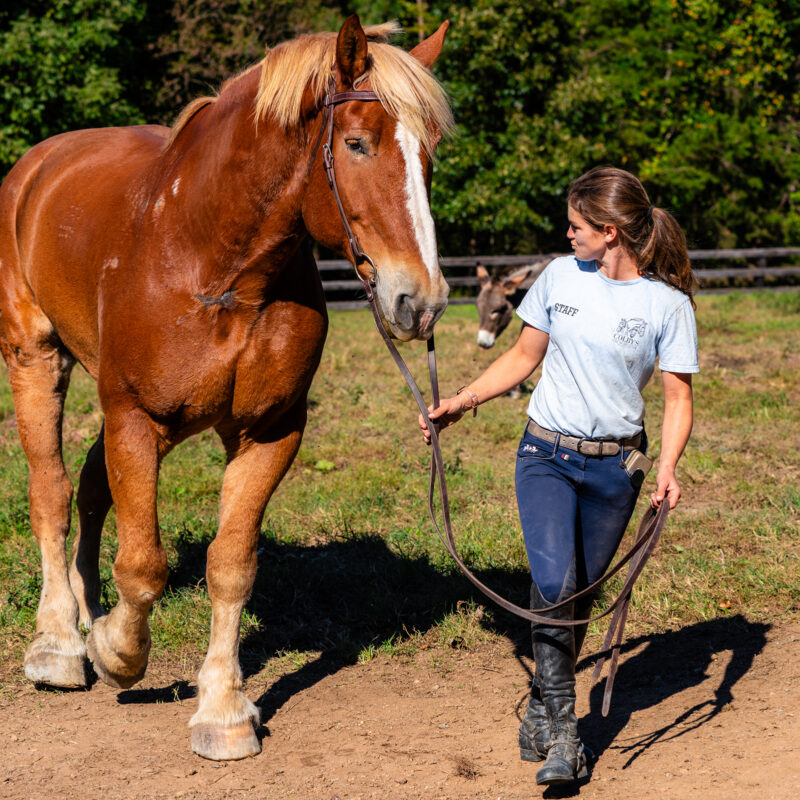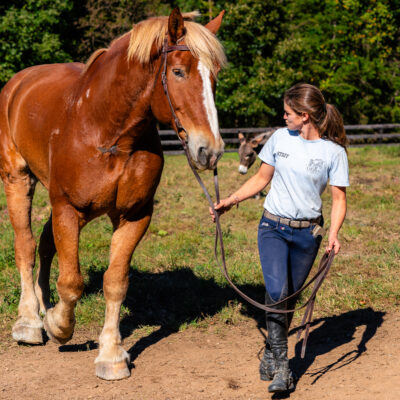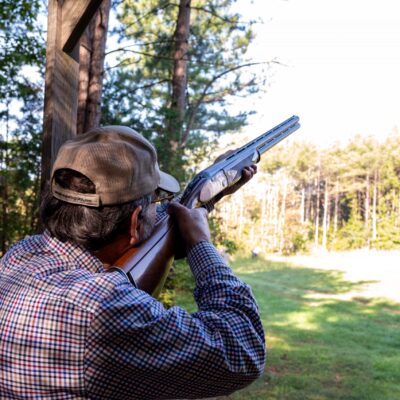I imagine Charlottesville’s 1980s indie rock braintrust as a scene like the salons of Paris after World War I, where ambitious young artists met in smoke-filled rooms to discuss the importance of their work. To this imaginary gathering Stephen Malkmus (later of Pavement) arrives by skateboard and launches into a treatise on the role of irony in rock lyrics; David Berman (later of Silver Jews) is asleep in the corner, perhaps with a cigarette in his mouth and a book of verse on his knee.
|
|
In the corner sits James McNew, the sweet-voiced multi-instrumentalist and one-third of one of indie rock’s most celebrated bands, Yo La Tengo. He cracks a joke here and there, but mostly takes it all in. That, at least, is the attitude that McNew has taken with Dump, his side project since 1993, which performs a rare gig in town at the Twisted Branch Tea Bazaar on Saturday, August 13.
Around town, people are saying that this is the first Dump concert outside the New York area since the project’s inception, which is “False,” writes McNew via e-mail from Montreal. “Dump gigs have happened in many far-flung locations. But Dump gigs rarely occur at all: In Dump’s 19 years of hermetic existence, there have only been about 20 shows.”
When he says hermetic, he means it: Except for the two most recent records—2003’s A Grown-Ass Man, and 2001’s That Skinny Motherfucker With the High Voice?, an album of Prince covers—the entire Dump catalogue was recorded on an analog 4-track that McNew says he bought at Charlottesville Music in 1986.
McNew spent his youth in town, where he was a DJ at WTJU and worked at the Corner Parking Lot. (He also has a couple of memorable quotes in local documentarian Meghan Eckman’s The Parking Lot Movie.) Although he has written—in a review about Charlottesville’s hamburgers—that he didn’t care for growing up here, he credits the local scene for his early development. “I was fortunate enough to meet a bunch of generous, intensely creative people who took me under their wings,” speaking of members of bands like The Landlords and Happy Flowers.
“Between them, they booked shows and brought tons of legendary bands to town, DJ’ed and/or ran the WTJU rock department, put out fanzines, made films, were in great bands who put out records on real labels (or they’d also put out their own records) and toured the world, and supported the otherwise unsupportable. By themselves, in Charlottesville, in 1987. That was incredibly inspirational to me.”
“Why is there no Iwo Jima-style statue of The Landlords on the Downtown Mall?” he asks, referring to the punk band that was Charlottesville’s answer to Minor Threat in the early ’80s.
In 1991 McNew moved north and joined Yo La Tengo, which, not incidentally, is when Yo La Tengo went from being good to being great, starting with with 1992’s May I Sing With Me. You might attribute the the sonic experimentation, the personal feel of the huge, peaceful organ sounds, muffled drum machines and clipped vocal delivery to McNew’s influence.
Which is what you’ll hear in Dump recordings. “I don’t believe in any creative boundaries for either entity. I just really enjoy making things, and learning how to make things,” McNew writes. “All Dump songs come from that. I never felt like it came from a singer-songwritery place—I am just as interested in the recording and the textures as I am in the songs.”
So what was the occasion for such a rare show? “They asked,” he writes. “Plus, who could say no to a dream bill with The Sloppy Heads and Girl Choir? I might have driven down just to see those two bands play together, after eating at the Riverside [Lunch].”
The kind of success enjoyed by once-Charlottesvillian indie rockers like Malkmus, Berman and McNew has largely eluded hopeful locals since then. It makes me wonder what, exactly, was happening in town that at least partially gave rise to their three bands. Did lightning strike? Was there a toxic waste spill? Was something in the water? “As far as the water, I grew up in Charlottesville; Stephen [Malkmus] and David [Berman] came here as students.”
How about Dave? “I know nothing about why Dave Matthews came here,” he writes. “I guess I could Wiki it.”
/yolabeach.jpg)
